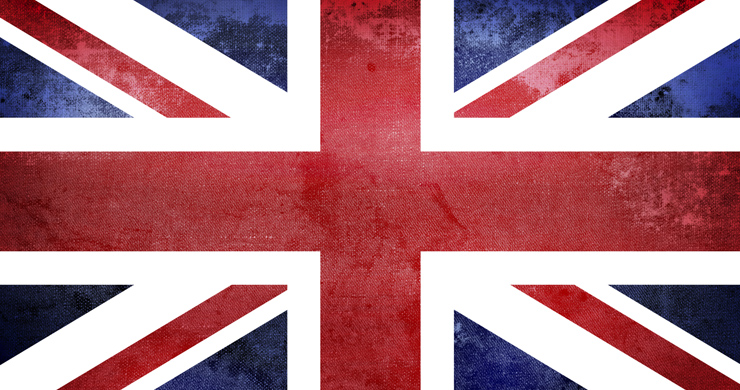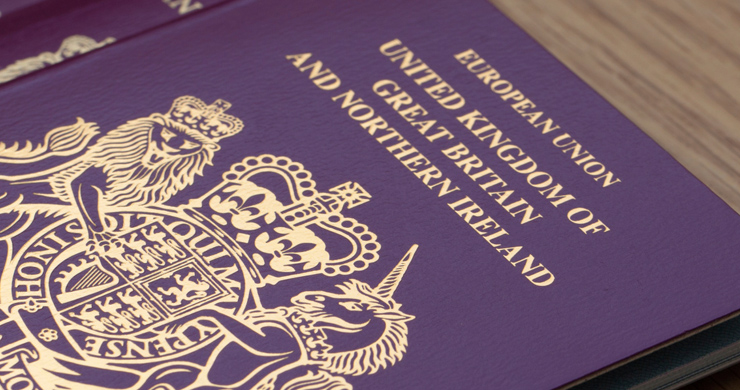Wales in the UK
Wales voted for devolution in 1997; devolution in the United Kingdom means the statutory (a statute is a written law passed by the Parliament of the U.K.) granting of certain powers to the devolved assemblies (Parliament in Scotland).
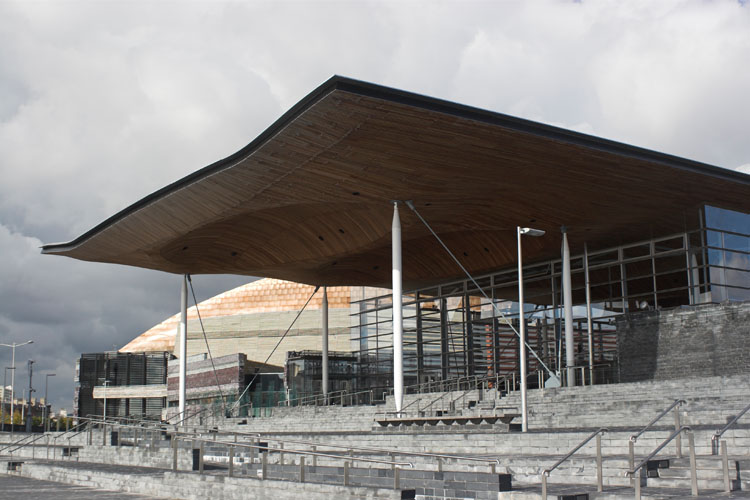
The National Assembly for Wales started in 1998. It has 60 elected members. In 1998 it could make decisions on the subjects (different things) that were devolved but could not pass laws. This changed a bit in 2006 when the rules changed creating the Welsh Government, but decisions still had to be passed by the Parliament of the U.K. to become law. Following a referendum in 2011 this changed again and the National Assembly gained direct law making powers on the devolved subjects. As of January 2015 these subjects are:
- Agriculture, fisheries, forestry and rural development
- Ancient monuments and historic buildings
- Culture
- Economic development
- Education and training
- Environment
- Fire and rescue services and promotion of fire safety
- Food
- Health and health services
- Highways and transport
- Housing
- Local government
- Public administration
- Social welfare
- Sport and recreation
- Tourism
- Town and country planning
- Water and flood defence
- Welsh language
The Future of Devolution
After the 2011 referendum an enquiry was set up to look at the road to further devolution based on the yes vote. The group of experienced people (called a commission) who carried out this enquiry and then produced two reports were led by a man named Paul Silk. The commission and the reports are named after him, for example the ‘Silk Commission’ or the ‘Silk Report’.
- Report 1 was released in November 2012 and was all about where the money for the Welsh Government comes from.
- Report 2 was released in March 2014 and recommended more powers for the Welsh Government.
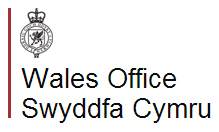
To understand report 1 you will need to read the following section on the ‘Barnett formula’. The report wanted the Welsh Government to raise a quarter of its own money through tax.
Report 1 was liked by the United Kingdom government and most of it was put into the Wales act which was passed in 2014.
Some of it was liked in the Welsh Government but they also refused to use some of it is until Wales gets fair funding.

Report 2 recommends a wide range of new powers such as controlling:
- policing
- traffic laws such a speed limits
- the water industry
- larger energy projects
- some more ‘smaller’ things
- most important is for Wales to become more like Scotland where subjects are listed that only the U.K. government can change for and everything else is assumed to be devolved.
Most of this report has been really liked by the Welsh Government but not by the current U.K. government who have simply said that there is not enough time to deal with it and it will have to wait until after the general election.
You can expect the recommendations of the Silk Commission and fair funding for Wales to be massive issues for the general election in May this year and then the next Welsh assembly elections in May 2016.
The Barnett Formula – Funding for Wales “a national embarrassment”
In November 2014 Joel (now Lord) Barnett said that the Barnett formula which he invented was “a national embarrassment”:
It is unfair and should be stopped, it is a mistake. This way is terrible and can never be sustainable; it is a national embarrassment and personally embarrassing to me as well.
Just what is the Barnett formula and what is all the fuss about?
The Barnett formula is how the U.K. government in London works out how much money is given to the assemblies in Wales and Northern Ireland and to the Scottish Parliament.
It was invented by Joel Barnett in 1978. He was a U.K. government minister.

He himself has said it was only meant to be a short-term thing maybe lasting up to 2 years. However it is still being used today which creates a lot of problems for Wales. Speaking in 2014 he pointed out “Scotland got £10,152 per head, Wales, despite being poorer, got £9,709” (from the same source England received £8,529 per person).
The Barnett formula was quite a simple way of working things out; money was paid in two ways:
- A block grant; this was a fixed sum of money given to each country in 1978 which went up each year based on inflation (inflation is how much less money is worth each year, you can see it by the way that prices seem to go up every year).
- A top up based on any extra spending in England by the U.K. government. This is based on the number of people in each country.
Sounds fair, what is the problem?
- Firstly the block grant was not equal to start with, due to political reasons in 1978, to get enough support in a weak U.K. government Scotland and Northern Ireland had a much higher block grant than Wales and England.
- Secondly excluding the block grant it takes no account of needs.
- Needs in Scotland and Wales per person are similar (Wales has more needs) but Wales gets much less.
- In England the U.K. government bases funding to people on their needs. If they used the same way of working out how much money Wales should get (based on the same rules as they use for England) then Wales would receive an additional 350 million pounds (£350,000,000) each year. Since devolution this is around 5.6 billion pounds (£5,600,000,000)
Again so what does all of this mean?
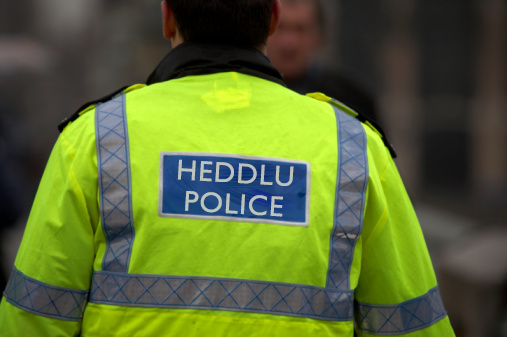
It means the Welsh Government has less to spend on each person in Wales compared to the devolved Parliament in Scotland and the Assembly in Northern Ireland.
It has less per person compared to places in England with similar needs and the physical geography makes providing the services for the people even more expensive again.

Our government in Wales has less money to spend on us than anywhere else in the United Kingdom; in schools for example the average pupil has had £560 less a year spent on them than compared to England, less money to spend on hospitals, roads, in fact all of the devolved subjects.
It is a terrible thing to say but Wales is getting a really bad deal within the United Kingdom.
We have a lot of problems in Wales and having the £5.6 billion that we should have received based on U.K. government rules if we were a part of England would go a long way to solving many of them.
What will this mean for the news in Wales for the next two years?
We have the general election May this year and the Welsh Government elections a year later. The battles that will take place during these will decide what our lives will be like for the next five to ten years. The independence referendum in Scotland has opened up a lot of new battles that will affect us here in Wales:
Battle 1
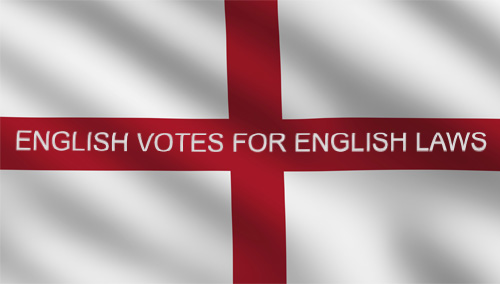
English votes for English M.P.s if this were to happen as a lot of people in England would like then M.P.s from Wales (and Scotland and Northern Ireland) would become second class M.P.s unable to vote on most of the legislation in the U.K. Parliament. We would lose a lot of our influence in the U.K. government if this happens.
Battle 2
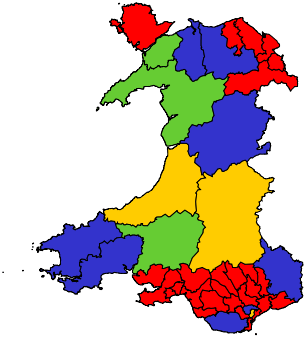
Change the size of constituencies, again a lot of people in England would like to make all of the constituencies roughly equal in terms of how many people live in each. Remember in a general election all the eligible voters in a constituency vote for an M.P. to represent them in the U.K. Parliament. There are 650 M.P.s and whoever has the most M.P.s usually forms the U.K. government. If this change were to happen Wales would drop from having 40 M.P.s to 18. How would this affect our influence in the U.K.?
Battle 3
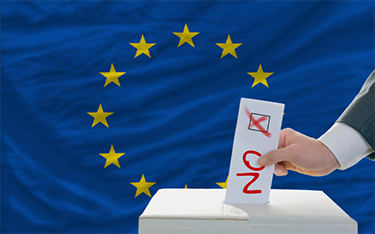
Hold a referendum on leaving the E.U. (European Union) a lot of people would like a vote on leaving the E.U. They think that the U.K. has to pay more in than it receives back and that Members of the European Parliament M.E.P.s have too much say on what happens here in the U.K.
A lot of our trade in the U.K. and in Wales is with our EU partner countries. If we were to leave the E.U. our goods we make or things we grow would become more expensive in those countries and they would buy less of them. This would affect how much money we get in Wales through trade.
Even though the United Kingdom pays more in to the E.U. than it gets back, this money comes from taxes from the wealthier areas of the U.K. with lower needs.
Places in the U.K. with higher needs such as parts of Wales get big grants (free money) from the E.U. Between 2014 and 2020 the E.U. has awarded the Welsh Government £2.3 billion (£2,300,000,000) to be spent on projects to help improve life across Wales but mostly in the areas of highest needs.
The E.U. is one way in which our place in the United Kingdom is made a little bit fairer but a lot of people want to take it away.
Battle 4
Changing the Barnett formula some people would like to change the extra money that Northern Ireland and Scotland receive in their block grant to make them equal with us here in Wales and also the people in England however it is only the Welsh Government that is fighting to scrap the Barnett formula and replace it with something that is fair to all.
Battle 5
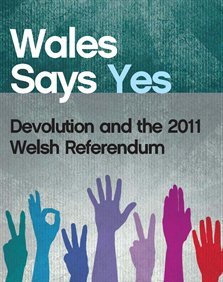
© Copyright 2014 The University of Wales unless otherwise stated
The current Welsh Government are refusing to do this until the Barnett formula is changed as doing this could lock us into the unfair funding that has been in place for the past 35 years.
Despite the Welsh Government wanting the devolution of powers as outlined in the second Silk Commission report no major supporters have been found yet in the U.K. government.
Our next edition will focus on the geography of the general election and we will be able to see who is saying what and try to work out what it means for us.
Quiz of content – Directions to support your literacy development it is vital that you do not just click on answers as you guess. Try to be sure before you try, perhaps discuss and agree with a friend. SCAN the three articles looking for keywords which will help you to answer the questions. If you get it wrong do not just try another answer, again go back and SCAN the articles again. Just clicking means that you learn nothing and will do worse on the Decision Making Exercise (DME).
After taking the quiz you should be ready to attempt the Decision Making Exercise. Make sure that you use the geographical terms that you have learned.
